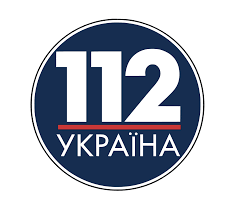Current Situation in Ukraine: Key Developments and Impacts

Introduction
The ongoing conflict in Ukraine has captured global attention and reshaped international relations. Following Russia’s annexation of Crimea in 2014 and the subsequent war in Eastern Ukraine, the situation has escalated dramatically in the past year. The conflict has not only caused a humanitarian crisis but has also triggered extensive economic repercussions and a realignment of geopolitical strategies. Understanding the current events in Ukraine is crucial for grasping their profound implications for Europe and the world.
Recent Developments
As of October 2023, the conflict remains intense, with recent reports indicating an uptick in military activities along the front lines. Ukrainian forces have reported successful counter-offensives aimed at reclaiming occupied territories in the Donetsk and Luhansk regions. The Ukrainian government has intensified its calls for military assistance from Western allies, including advanced weaponry and financial aid, underscoring the urgency of support in the face of sustained aggression from Russia.
International Response
The global response has been notable, with NATO reaffirming its commitment to bolstering Ukraine’s defence capabilities. Recently, countries such as the United States, Germany, and the United Kingdom have pledged additional arms supplies, including air defence systems and artillery. Economic sanctions against Russia continue to be evaluated and tightened, targeting key sectors such as energy and finance. These measures aim to pressure Russia into ceasing its military operations, although their effectiveness remains under scrutiny.
Humanitarian Impact
The humanitarian situation in Ukraine is dire. According to the United Nations, millions of citizens have been displaced internally and internationally, creating one of the largest refugee crises in recent history. Access to basic necessities like food, water, and medical supplies is increasingly limited in conflict-affected areas. Humanitarian organisations are working tirelessly to provide aid, but the scale of need continues to outstrip available resources.
Conclusion
The conflict in Ukraine is a defining issue of our time, with deep and far-reaching consequences. As military tensions persist and humanitarian needs escalate, the role of the international community remains critical. Analysts suggest that the conflict could continue to evolve, significantly influencing global security dynamics and international relations. For citizens globally, staying informed on the situation in Ukraine is vital as the outcomes will have lasting impacts not only for the Ukrainian people but for the stability of Europe as a whole.
